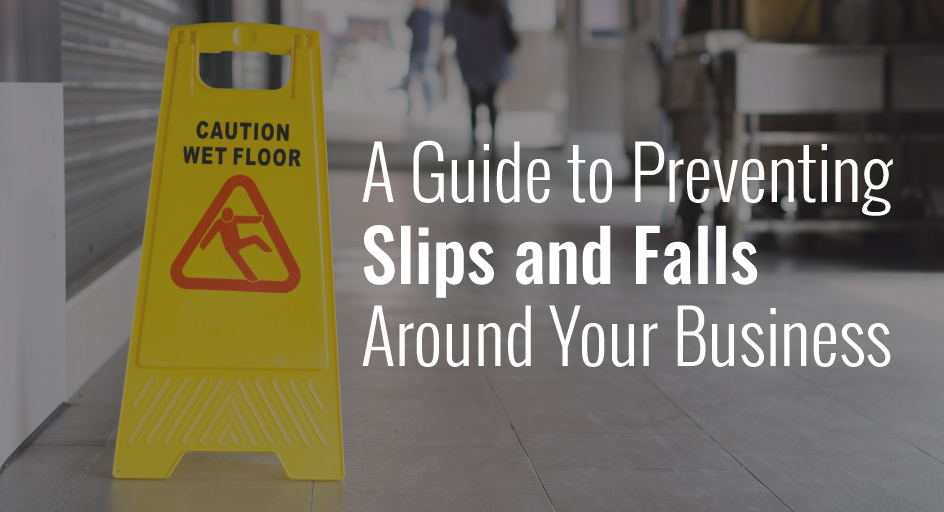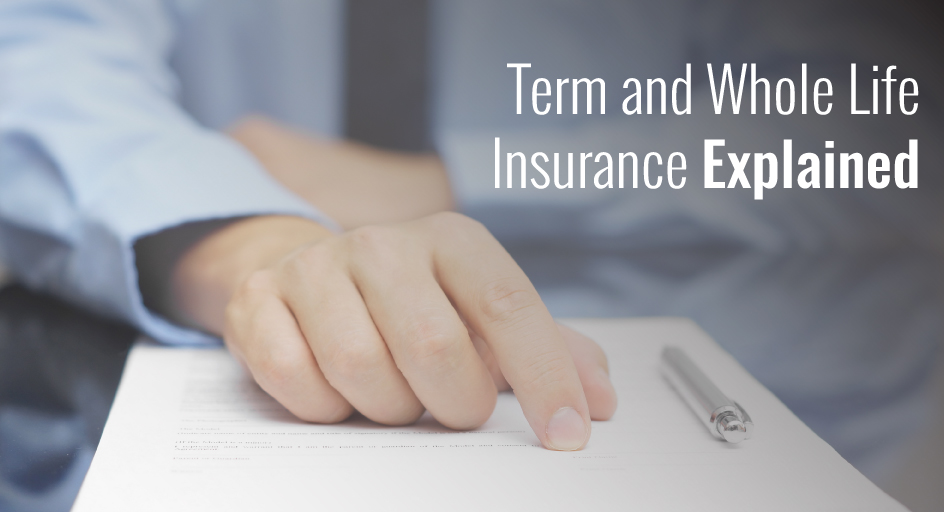Choosing any type of insurance plan can be a daunting task because there are so many factors to consider. What are your risks? How much coverage do you actually need? How much will it cost?
The stakes only get higher when it comes to life insurance, because it’s the one type of insurance that requires your death in order for its benefits to come through. You want your beneficiaries to be protected in the event of your untimely death, but you don’t want to pay exorbitant premiums every year on the off-chance that you live to be 105!
Fortunately, there are solutions for you at all stages of your life. We’ve put together a few questions you should ask yourself when considering life insurance policies, so you can feel comfortable choosing a policy that only covers what you need.
How Healthy Am I?
If you get for an individual life insurance policy (one not offered through your employer), one of the first things you may need to do is take a physical exam. This is good news if you have great health! Being healthy actually keeps your premiums lower, so you will want to opt for an exam when picking your insurance policy.
However, if you have major health issues, there are individual life insurance plans available that do not require an exam. The premiums on these are more than what a healthy person pays with an exam, but you will still be saving money if you know your health problems would seriously increase your premiums. Get a regular check-up to verify how healthy you are before talking to an agent to weigh your options.
Who Are My Beneficiaries?
People depend on you no matter what stage of life you are in, but just how much? The answer to that question will determine so much about your life insurance policy. If you are single with no children and no major debts, you probably won’t need any coverage beyond your group policy, which will cover any funeral expenses and small outstanding debts for your family.
If you are under 40 and in decent health, with a spouse and children, a term life insurance policy is usually a good, inexpensive option. This policy will care for your loved ones in the event of your unexpected passing. It is generally large enough to pay off your home and debts, which gives your family time to grieve and figure out their future finances in peace.
If you take care of a dependent for the duration of their life, such as a special needs family member or elderly parent, their needs will also have to be taken into account when you purchase a life insurance policy.
How Much Life Insurance Can I Afford?
As with any insurance, this really just depends. Group life and term life policies exist for “covering the basics” so to speak. These are usually the most inexpensive policies, and they do a good job at getting your beneficiaries back on their feet.
Permanent life insurance is more expensive. In some cases, it is necessary for making sure a beneficiary with special needs is covered long-term after your passing. In other cases, you may want to look into permanent life insurance if you can afford the higher premium and would like to give your loved ones extra benefits, like premiums that do not increase with changing health conditions, and a good cash value you can use to borrow against throughout your life.
Whatever your needs may be, our agents know the ins and outs of insurance, and we want to answer your questions! Reach out today to start discovering your life insurance options.











Giving your teenagers spending money already hurts your wallet, but just wait until they start driving and you have to pay for insurance every month. New drivers are the most accident-prone demographic in terms of driving, and insurers know that. Since teenagers are four times as likely to crash as an adult driver, their rates are incredibly high. Even with a clean record, it will cost several hundred dollars at the least to insure a teenager. Adding them your own insurance policy is certainly more cost effective, but even then, teenagers can still cost you thousands of dollars annually just to drive. Thankfully, there are several discounts available for teenagers that can make premiums more affordable.
Good Student Discounts
If you have a kid in middle school, encourage them to strive for the Honor Roll now. Most insurance agencies will offer a significant discount if your teenager has received good grades in recent years. Typically, as long as your teenager has maintained a B average or better, you can get an academic discount. Some agencies will even allow this discount to continue through college or until they turn 25. It may be up to your teenager to secure this cash saver, but in some cases, their premiums can drop by 25%!
Defensive Driving Courses
If you remember being 16, then you probably remember thinking that you were invincible or a safe enough driver. Unfortunately, it sometimes takes something as extreme as an accident to make new drivers realize the dangers they face on the road. Rather than waiting for a fender bender or worse, enroll your teenager in a safe driving course. Not only can you receive a discount on the insurance, but it may be intense enough to make your teenager reconsider texting while driving.
Safe Vehicles
Unless your teenager really deserves a treat, odds are that their first car will not be a new car. Used cars are cheaper and cost less to insure, but if it’s too old, there may be an issue. It can vary by insurer, but cars made after 1994 or so are generally considered safer, which means that the amount you pay monthly is less. There is, however, a balance in choosing cars. Since newer cars feature cameras for backing up and automatic brakes, they are safer than older cars which means you can possibly get more discounts. It comes down to whether or not you trust your teenager more with a 2003 Camry or a brand new Volkswagen.
As insurance experts, we can help you choose what the best course of action is and what discounts your teen may be able to receive. Contact us today and see how much you can save!